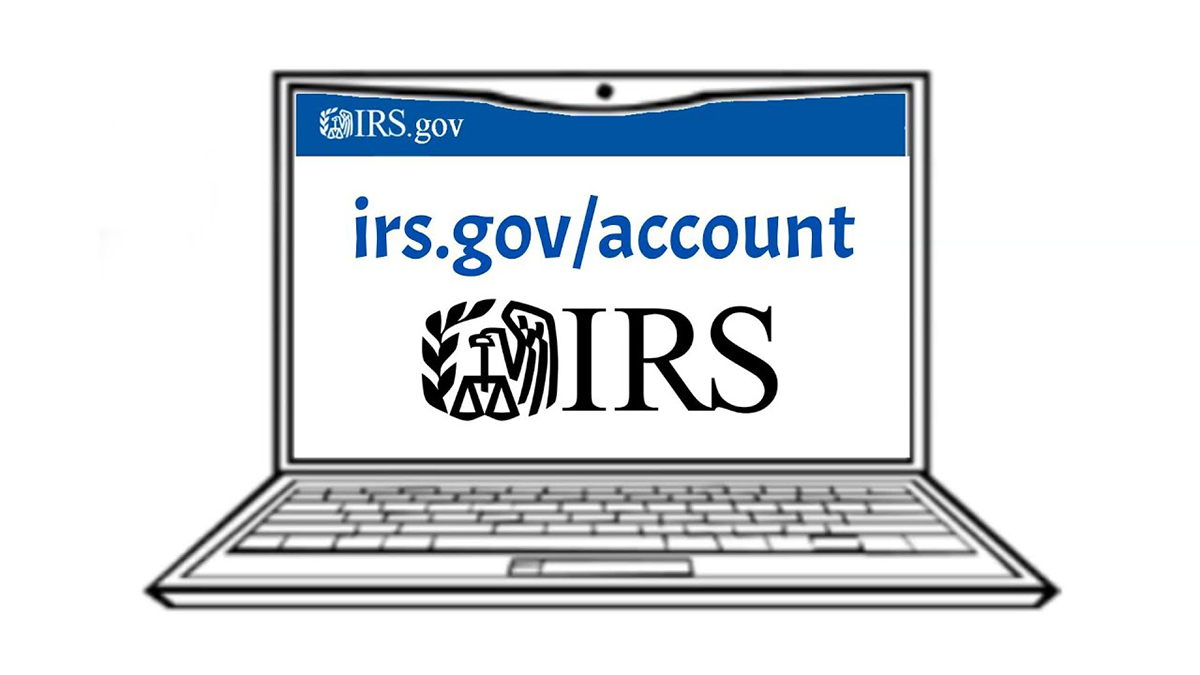Home>Finance>16th Amendment: Definition, What Does It Do, And Importance


Finance
16th Amendment: Definition, What Does It Do, And Importance
Modified: October 11, 2023
Learn the definition, purpose, and importance of the 16th Amendment in finance. Discover what this amendment does and how it impacts the financial system.
(Many of the links in this article redirect to a specific reviewed product. Your purchase of these products through affiliate links helps to generate commission for LiveWell, at no extra cost. Learn more)
The 16th Amendment: Understanding Its Definition, Purpose, and Significance
Have you ever wondered about the 16th Amendment and its importance? If so, you’ve come to the right place. In this article, we’ll delve into the definition of the 16th Amendment, discuss what it does, and explore its significance in the United States. So, let’s get started!
Key Takeaways
- The 16th Amendment gives the United States government the power to collect income taxes from its citizens and residents.
- It was ratified in 1913, following a growing need for revenue to fund government operations and public services.
Understanding the 16th Amendment
The 16th Amendment to the United States Constitution was ratified on February 3, 1913. Its primary purpose is to grant Congress the authority to impose and collect income taxes from individuals and businesses. Before the 16th Amendment, the federal government relied on excise taxes and tariffs to generate revenue.
The amendment was a response to the changing economic landscape and the need for a more consistent and reliable source of funding. As the role of the government expanded, so did its financial obligations. The 16th Amendment provided a legal basis for the government to levy income taxes on its citizens and residents.
What Does the 16th Amendment Do?
The 16th Amendment empowers the federal government to tax the income earned by individuals and businesses. Here’s what it does:
- Authorizes the government to impose income taxes: The amendment grants Congress the authority to enact laws that establish and enforce the collection of income taxes.
- Ensures fairness in taxation: The 16th Amendment allows the government to implement a progressive tax system, wherein higher earners pay a higher percentage of their income in taxes.
By giving the government the power to collect income taxes, the 16th Amendment ensures a stable source of revenue to fund public services, infrastructure development, national defense, education, and more. It plays a crucial role in maintaining the financial stability of the United States.
The Importance of the 16th Amendment
The 16th Amendment holds significant importance in the financial and economic landscape of the United States. Here are a few reasons why it is crucial:
- Source of revenue for the government: The amendment ensures that the federal government has a dependable source of funds to fulfill its obligations and provide essential services to the nation.
- Fair distribution of tax burden: By enabling a progressive tax system, the 16th Amendment ensures that individuals with higher incomes contribute more to the country’s overall tax revenue, promoting fairness and equity.
- Supports public infrastructure and services: The income tax collected under the 16th Amendment plays a vital role in funding various public projects, such as the construction of roads, bridges, schools, healthcare facilities, and social welfare programs.
Without the 16th Amendment, the government would face significant challenges in fulfilling its financial obligations and delivering essential public services. The income tax system, made possible by this amendment, has become an integral part of the United States’ economic structure.
In Conclusion
The 16th Amendment grants the United States government the authority to collect income taxes, ensuring a reliable source of revenue to meet the nation’s financial obligations. Its ratification marked a significant milestone in the country’s financial history. The amendment’s impact extends beyond revenue generation; it promotes fairness in taxation and enables the government to support public infrastructure and services. The 16th Amendment continues to play a crucial role in the economic stability and development of the United States.














